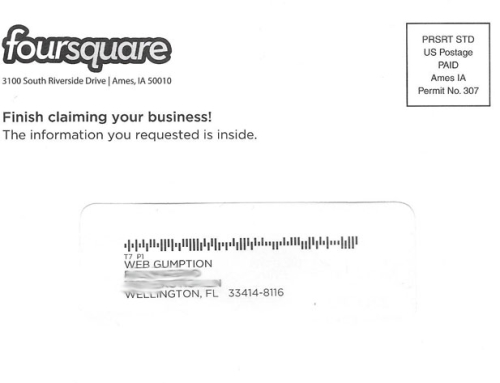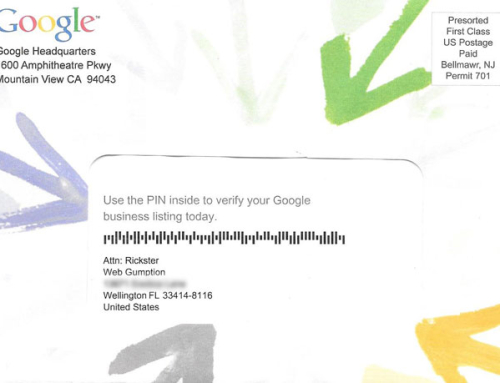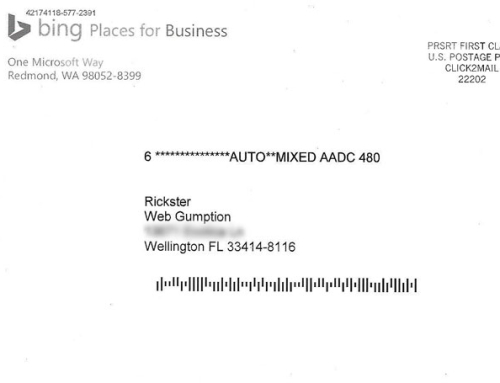Optimizing content for search visibility is multifaceted, with the biggest challenge being building authority for content, when that content currently has none.
Despite changes in Google algos, search rankings still seem to be largely based on the authority of content. While social factors play in to this, the single most relevant factor continues to be the quality, relevance and quantity of inbound links. For this reason, the link building skill set is still one of the most sought-after this part of the equation is absolutely necessary to move new websites and non-authoritative older Web properties into top positions for anything with competition.
The oldest method for building link authority is the proverbial Link Request, the simple process of asking other website to link to yours.
Link Requests Work, Sometimes
Over the past 10 years, I’ve worked on both extremely small and extremely large SEO projects and one thing rings true- link requests only works when they makes sense. That is, you can’t get great links without building something that deserves to have a link (or many links). At some point you need to own-up to whatever it is that you want to rank (your business website, a video you created, an article you rank) and convince someone or many people to give you a link.
This may seem obvious but it’s really not something (in my humble opinion) that many business owners and industry professionals really embraces. It most often feels like a cart before the horse scenario where individuals say something like,
“I’ll invest in content and my website once it ranks well”.
How do you know if you’re site is ‘good enough’ to get real links?
 Here’s a simple litmus test for knowing if you’re website is good enough to effectively garner authoritative links on scale- pick up the phone and and call 3 people who you think think should link to you. If the conversations go well and you get a link or two out of it, great you’re good to go for now.
Here’s a simple litmus test for knowing if you’re website is good enough to effectively garner authoritative links on scale- pick up the phone and and call 3 people who you think think should link to you. If the conversations go well and you get a link or two out of it, great you’re good to go for now.
If not, get honest feedback and get back to work in creating a tool/website/resource which people actually want to link to. Add resources to your website which are link-able. This sometimes means going a little off-path from your core business model but it’s well worth the effort. Enough theory, here are some ideas:
- Ice Cream Shop: If I owned an ice cream shop and I wanted to rank better, I would write tons of cool content about interesting things which people probably don’t know about ice cream . In fact, I’d probably name that section of my website Ice Cream University and let people take a quiz to test their ice cream savvy. . An info-graphic wouldn’t hurt either. This way, I could call up or email one or many of the several thousand food bloggers out there who might find it humerus and hook me up with a link.
- Accountant: If I were an accountant, I’d write tons of tips on how individuals can save a buck on their taxes including popular tax write-offs. In fact, I’d dig deep into my expertise and identify several items that most people don’t actually already know they can write off. It wouldn’t hurt to quote specific tax codes either. Then, I’d reach out to money bloggers, local publications, etc. and invite them to share these tips. Local newspapers love this type of content when seasonally relevant so getting an authoritative link should be easy with a little follow-up.
If link requests are going to be part of your link building strategy, put the horse before the cart and build something useful first, and then ask the right people to link to it. Oh, and pick up the phone, it works much better than sending a cold email 🙂






Leave A Comment